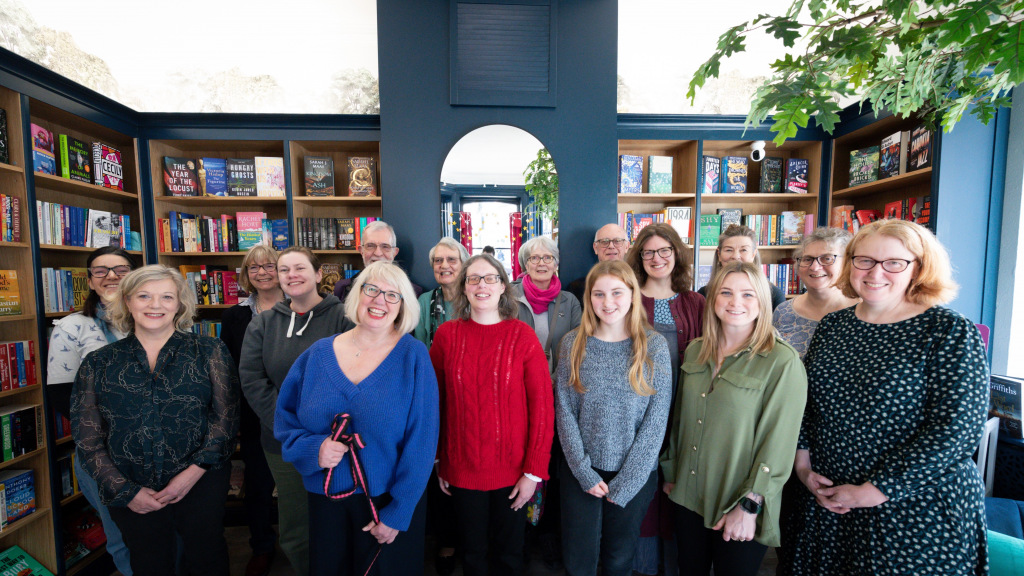Our mystery farmer in the Wymondham area takes a break from painting fences to tell you what he’s been up to in the last month.
March and April are the months of daffodils and mad hares, longer days and the sudden realisation of just how filthy your house/car/children/face are now you have a bit of sunlight to see into the darker recesses of your home.
Drier weather means we can get on with spring cultivations and drilling. Crop seeds are normally either planted in winter (hence winter barley, winter wheat) or spring (spring barley/oats/wheat, yes). Sugar beet seed is also planted in spring. The ground is prepared for drilling – spreading manure, ploughing, cultivating (like raking it down to break up clods and supply air and moisture to the soil) – and then drilled. After drilling and time permitting, we drag a set of rolls over the land, this is just like pushing the ground down when you plant in the garden, it helps lock in moisture and warmth to help the seed grow and reduces the effect of pests.
On the subject of pests, the pigeons are much in evidence and supply a degree of sport controlling their numbers. The snowdrops and aconites in the woods give way to an early show of daffodils. The cock pheasants look a livid red and deep green and strut boldly as they vie for attention of prospective mates. The rabbits, hare and deer are in early evidence in the banks and woodland around the farm and will grow in number as the month goes on. After the darkness and cold, hard days of winter, it’s all rather lovely.
Turning to less lovely animals of a different kind, the farming community were disappointed but not surprised when DEFRA (or “the Ministry” as those of us old enough to remember when it was MAFF) announced without warning halfway through March that they were closing the Sustainable Farming Incentive (SFI) to new applications for the rest of the year. This caught many farmers unprepared and will significantly harm their income for the year. Many farmers rely on the service of land agents to submit their applications on their behalf: due to the need for the agents to balance the available workload (and probably chase their recalcitrant clients for the necessary information in some cases), many of these applications didn’t make it in before the deadline.
We had suspected the government’s intentions after they shut the Equipment & Technology Fund grant scheme without warning last year and fortunately ensured we had our application in early. I can see that next year will be a scramble for everyone to get their application in before the money runs out. The Farming Minister Daniel Zeichner says that it remains the government’s ambition to remove public subsidies from UK agriculture entirely.
Meanwhile, over at the Ministry of Housing, Communities and Local Government, policymakers are consulting on the introduction of a Land Use Framework, billed as a “national conversation” on land use. This sounds like a pretext for confiscating land and building all over it to my ears, particularly since the recently Planning & Infrastructure Bill clears the way to make it easier and cheaper for the government to do so. I suppose they might need my children to service the robots that sweep the streets and trim under the solar arrays when they’re older. I wonder what the future looks like?















